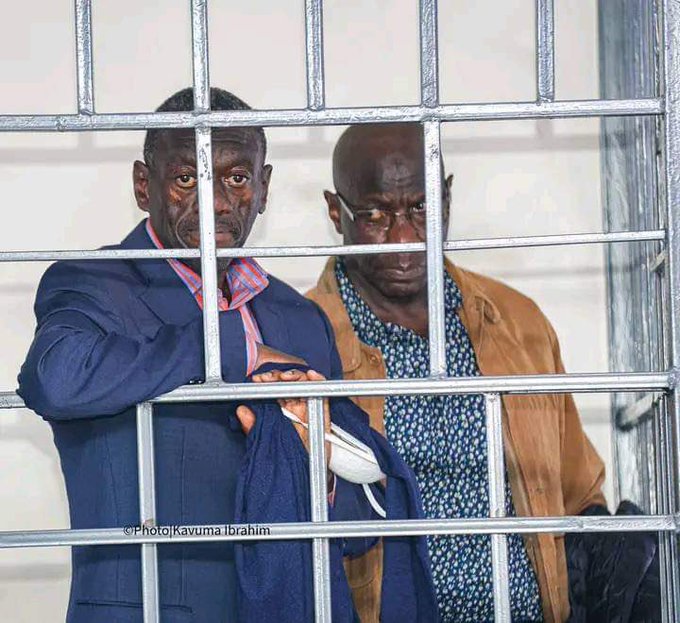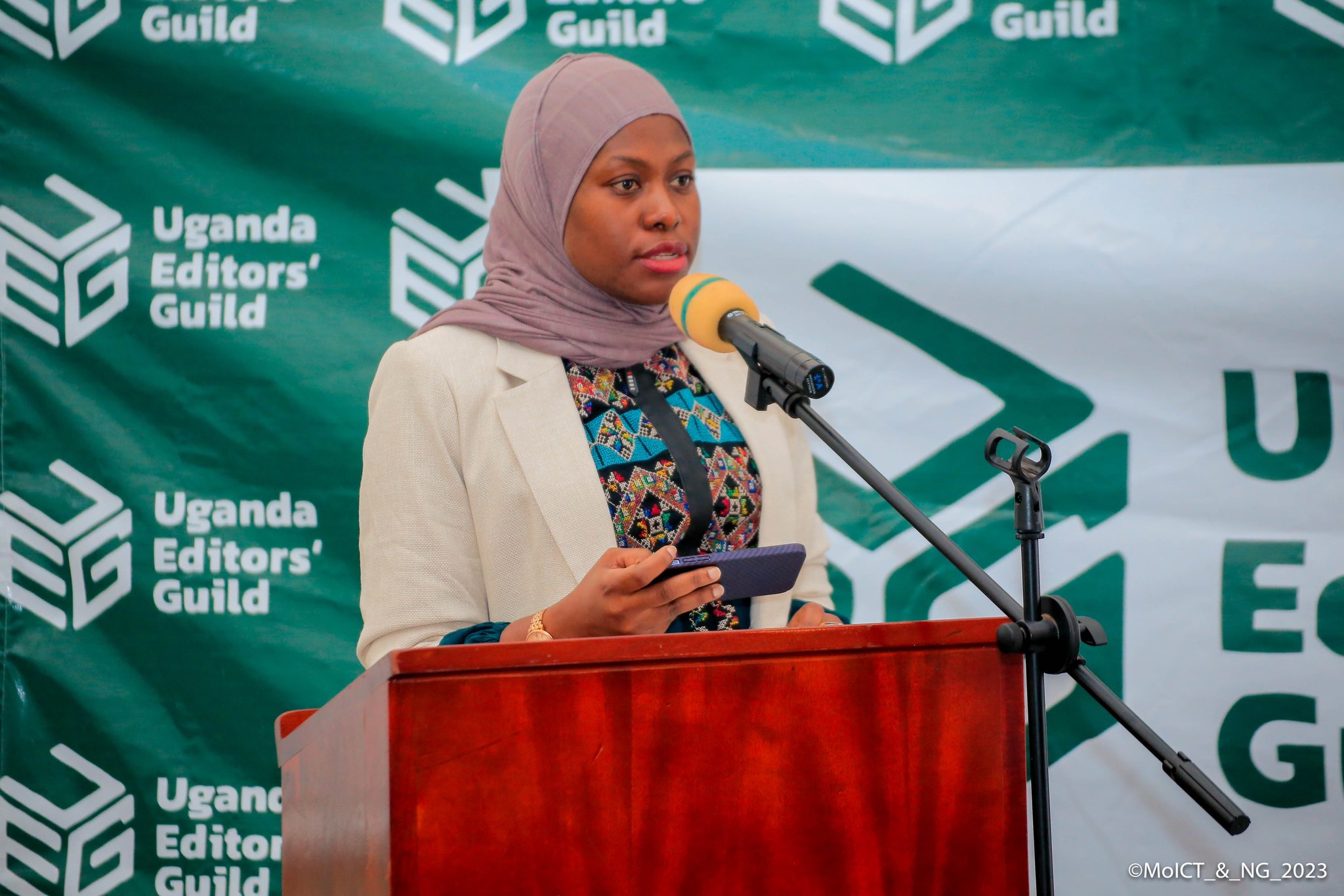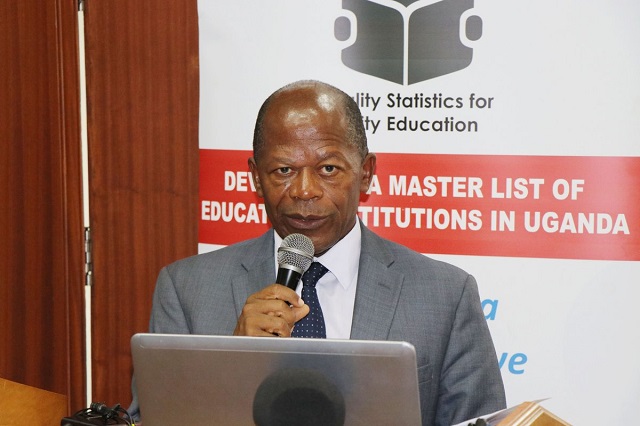President Museveni made a bold statement on Thursday, vowing to “crush” corrupt public servants, whom he accused of dishonoring Uganda’s national heroes. He expressed frustration over corruption, which the Inspectorate of Government claims costs the country 1 million shillings every hour.
Museveni’s remarks came during his address to Members of Parliament at the budget reading in Kololo, Kampala. He lamented that despite the National Resistance Movement (NRM) achieving significant progress for Uganda over nearly four decades, corruption remains a persistent issue.
“The corrupt people insult our heroes. You get a chance to lead people and now you start taking away the little that could help them. In doing so, you delegitimize yourselves. Ugandans are very dangerous; when they see that you are not honest, they leave you. But one day, when they get a chance, they will avenge on you,” he warned.
According to Museveni, serious offenders like those accused of murder, rape, and corruption should not be granted bail during their trials. He criticized the concept of bail, suggesting it plays into the hands of the enemies of justice and freedom, which he claimed are foreign concepts. “A dog that steals pays with its back,” he added, emphasizing the gravity of corruption and the need for accountability.
During the 2024/2025 budget reading, Museveni highlighted the government’s achievements and future plans. He proudly noted the growth of Uganda’s economy from USD 1.5 billion in 1986 to USD 55 billion by the exchange rate method, and USD 180 billion by the purchasing power parity (PPP) method. He criticized the importation of goods that could be produced locally, arguing that adding value to local raw materials like coffee and maize would exponentially grow the economy.
Museveni assured that Uganda has the electricity needed for industrial growth and would continue expanding generation and transmission capacities. He reaffirmed that the private sector is the main engine of growth and transformation, with a well-educated population ready to innovate and skill.
For Uganda to compete globally, Museveni stressed the need for affordable electricity, low-cost capital, and efficient transportation systems. He pointed out ongoing projects to repair old meter-gauge railways and construct new standard-gauge railways, which would reduce transport costs, pollution, and road damage caused by heavy trucks.
He also mentioned efforts to introduce electric cars and boda-bodas and emphasized the importance of irrigation for agricultural stability. With these strategic interventions and the upcoming revenue from oil production, Museveni envisioned a bright economic future for Uganda, unimpeded by any obstacles.
Museveni criticized those who continually complain about poverty and unemployment, urging Ugandans to take advantage of opportunities in commercial agriculture, manufacturing, services, and ICT. He highlighted existing employment figures and encouraged Ugandans to seek capital from institutions like the Uganda Development Bank (UDB), Parish Development Model (PDM), and Emyooga programs.
Museveni reiterated that corruption is the only significant problem remaining and vowed to eradicate it. He called on Ugandans to wake up and work, assuring them that the capital to succeed in various sectors is already available.
The president’s full written speech emphasized the historical missions of the African Revolution, NRM’s ideological principles, and the potential for Uganda’s economy to reach USD 500 billion in the near future. He urged Ugandans to utilize the available resources and opportunities to overcome poverty and unemployment and highlighted the strategic interventions necessary for sustained economic growth and development.
President Promises Tough Action Against Corruption
President Museveni has declared his government’s determination to eradicate corruption, calling it the last major obstacle to Uganda’s full socio-economic transformation. He made these remarks on June 13, 2024, at Kololo Ceremonial Grounds, shortly after Finance Minister Matia Kasaija presented Uganda’s Shs72 trillion budget for the 2024/25 financial year.
Museveni expressed confidence in Uganda’s economic growth following the challenges posed by the Covid-19 pandemic and the Ukraine war. However, he emphasized that corruption remains a significant barrier. “We are going to stamp out corruption,” he stated firmly. “These corrupt people insult our heroes. They forget that we have a lot of power and capacity, which we will use if necessary.”
The new financial year, beginning on July 1, introduces new taxes on fuel, wine, spirits, and the Internet, aiming to help the Uganda Revenue Authority raise over Shs31 trillion domestically in the next 12 months. Museveni warned that corrupt individuals who ignore advice would face severe consequences, labeling their actions as betrayal.
His remarks followed the recent remanding of three Members of Parliament from his National Resistance Movement (NRM) party to Luzira Prison on corruption charges. The accused, Cissy Namujju, Yusuf Mutembuli, and Paul Akamba, allegedly attempted to lobby for increased budget allocations for the Uganda Human Rights Commission in exchange for a percentage of the increment.
Museveni criticized the Daily Monitor publication as “an enemy of Africa” and described its reporters as “Wajinga” (idiots in Kiswahili). He explained that his harsher measures against corrupt bureaucrats were necessary after softer methods failed. Detectives apprehended the lawmakers after Museveni instructed the director of the police Criminal Investigations Directorate and prosecutors to pursue corrupt officials.
Uganda’s Economy Set to Soar, Museveni Declares
In his State-of-the-Nation Address, Museveni revealed evidence implicating MPs, Finance ministry officials, and government accountants in budget inflation schemes for bribes. During his speech, he praised Finance Minister Kasaija for accurately presenting Uganda’s economic narrative, highlighting job creation and wealth generation in commercial agriculture, manufacturing, services, and Information Communication and Technology.
“For the economy to grow faster, we need to be competitive in our products. Our products and services must be cheaper and of better quality than those from other countries,” he said. Museveni stressed the need for affordable electricity and low-cost loans for business growth. He also criticized businesspeople for flooding markets with imported second-hand clothes and projected that oil revenue would significantly boost Uganda’s GDP.
Currently, Uganda’s GDP stands at $55 billion by exchange rate computation and around $150 billion by purchasing power parity. Museveni also called for improved justice administration and tougher measures against murder, rape, and corruption.
Some MPs expressed concern over Museveni’s selective approach to capital offences, with Butiru County MP Gerald Wakooli arguing that all thieves should be treated equally.
Parliament Speaker Anita Among urged government accounting officers to report any instances of influence peddling by legislators or parliamentary staff. She emphasized the importance of transparency and accountability and advised MPs against soliciting bribes.
Earlier, Deputy Parliament Speaker Thomas Tayebwa affirmed their commitment to working closely with the President to clean up the House. Despite a boycott call by the Leader of the Opposition in Parliament, some opposition MPs, including Lucy Akello and Geoffrey Ekanya, attended the budget reading.




















